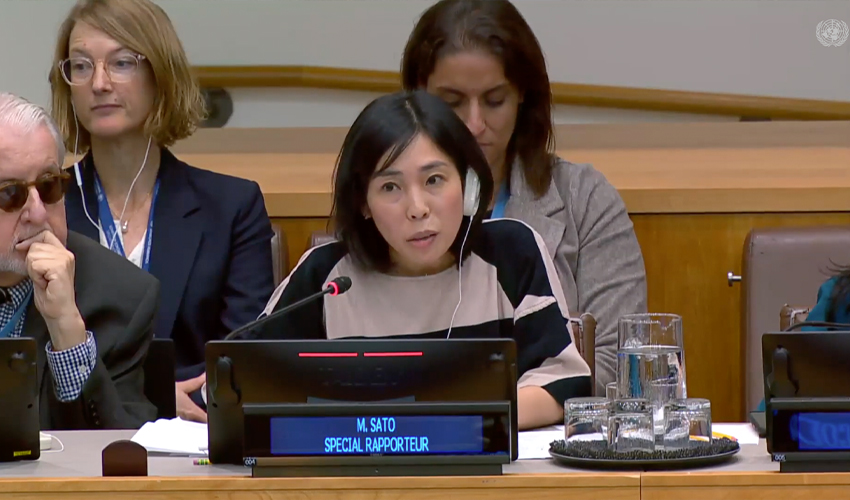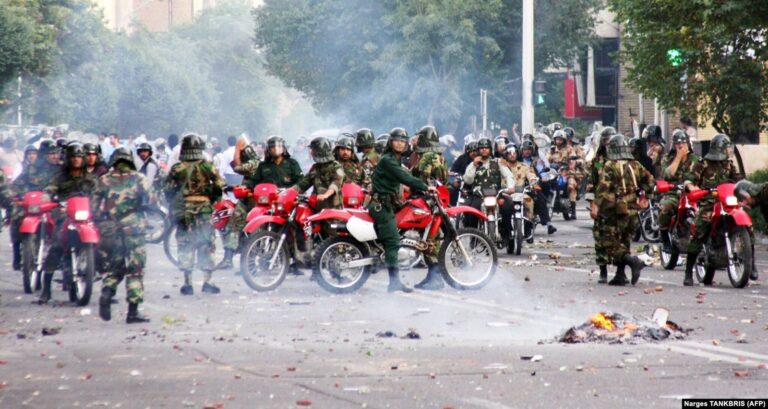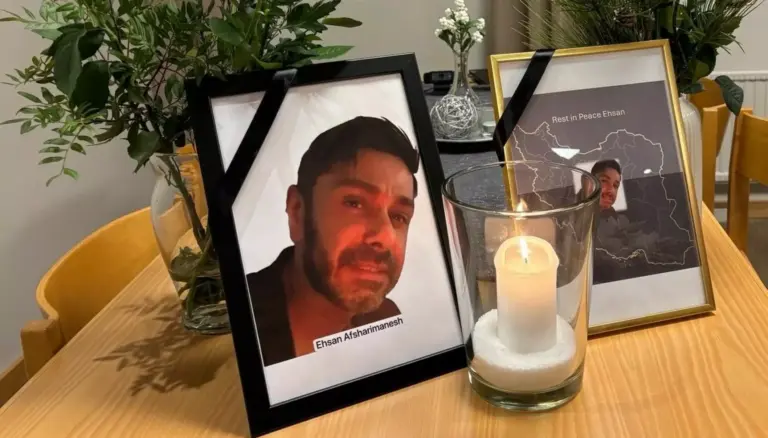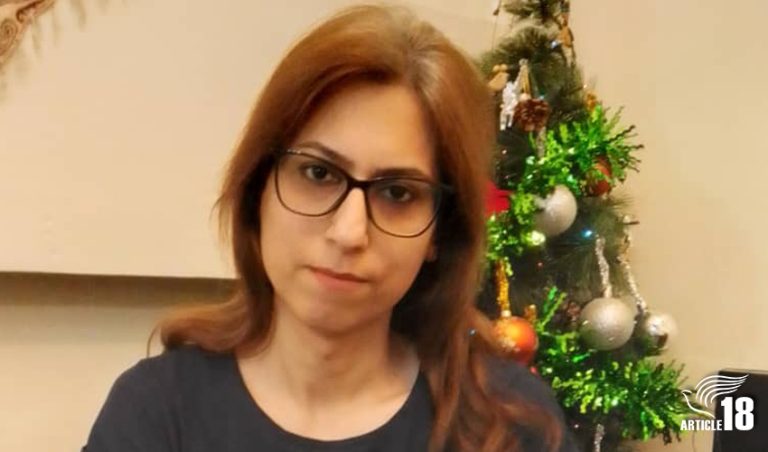The new UN special rapporteur on the situation of human rights in the Islamic Republic of Iran has pledged to “examine” the impact of Iran’s restrictions on religious freedom as part of an “intersectional” approach to rights violations.
In her first address to the UN General Assembly in New York, Mai Sato acknowledged that Iran’s religious minorities “face systematic discrimination”, including “arbitrary detention, unfair trial, disproportionate application of the death penalty”, and “restrictions on their cultural practices, language rights and religious freedom”.
The rapporteur promised to address these issues further in a future report, by examining “the impact of laws, policies [and] customs on specific groups”, including different religions.
Dr Sato called on civil-society actors and UN member states to support her, as she introduced her first report, which referenced the work of her predecessor, Javaid Rehman, including in highlighting the “persecution of religious and ethnic minorities”, and set out her three priorities: the right to life; a gendered perspective and intersectional approach; and data transparency and the right to truth.
Dr Sato said “the Iranian people continue to experience reprisals and intimidation for exercising their freedom of expression and for reporting human rights violations”.
Article18 reported earlier this year how one imprisoned Christian convert, Laleh Saati, and her mother were both threatened with new court proceedings due to the publicity her case had received. Laleh was later reportedly denied parole because she had refused to record a forced confession.
Dr Sato also highlighted the denial of medical care in prisons, which she said “should not be used to punish and silence prisoners”.
Another Christian prisoner of conscience, 60-year-old Mina Khajavi, has been denied the medical care she requires during her nearly 300 days in Tehran’s Evin Prison.
Several UN member states highlighted Iran’s violations of religious freedom in their responses to the rapporteur’s address, including the representatives of the EU, UK, USA, Canada, Israel, Ireland, Australia and the Czech Republic.
The Irish representative urged Iran to “reform articles 499 and 500 of the penal code to ensure that the rights to freedom of expression and religion and belief are fully guaranteed, in line with international law and standards”.
The amended Article 500 has been used to convict over a dozen Christians since its introduction in February 2021.
The Irish representative also specifically highlighted the oppression of members of the Baha’i Faith, as did the representatives from the UK and Australia.
The Canadian representative said his country “deplored” the “intensified targeting” of religious minorities, while the Israeli representative said the systematic discrimination and violence they faced was “disheartening and should worry us all”.




0 Comments
Trackbacks/Pingbacks